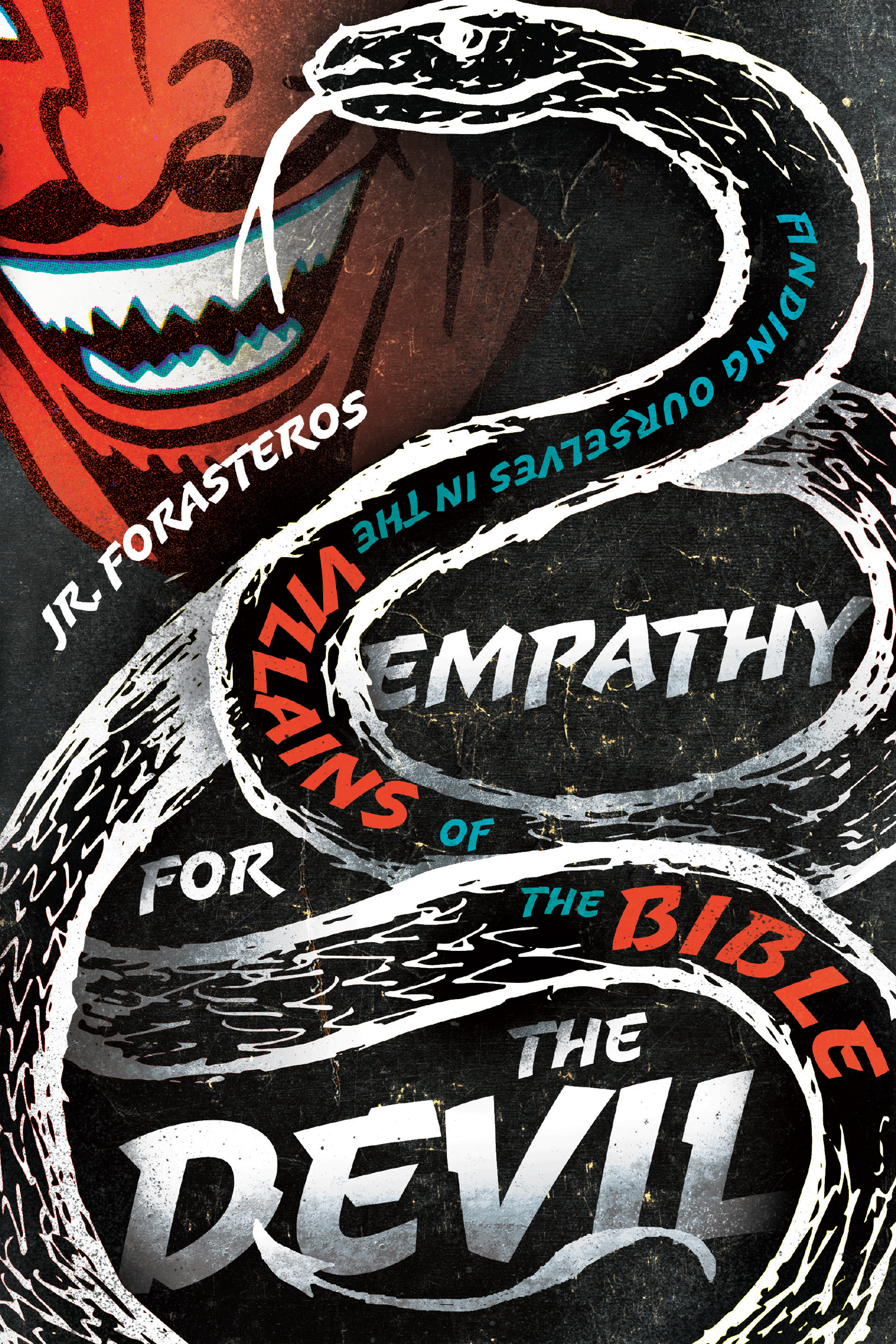What do you think?
Rate this book


224 pages, Paperback
Published November 7, 2017
Sin is inescapable because we have been pumping it into our institutions, cultures, and families since humans have walked the earth. Sin, like a disease, infects us from the first breath we take, warping us as we grow. We shrug and say, “To err is human.” We have normalized sin to the point that we can’t even see that it is sin anymore. How could Christians have marched in the Crusades? How could Christians have actively participated in every level of the slave trade? How could Christians murder people they consider heretics? How could Christians turn a blind eye to the Holocaust? Today we make excuses: “They were people of their time. It’s not fair to judge the actions of yesterday by the morality of today.”
Fine (I guess). But the more important question here is: How am I a “person of my time”? What sins might I be participating in today—totally assured of my own righteousness—that will be condemned by the church of the future? Might they ask, “How could Christians have spewed hatred and death threats at the LGBTQ community? Why was the church so segregated? How could the Western church ignore the millions in the Global South who don’t have access to clean water? Didn’t they realize that creation is a precious gift from our Creator? How could they have been so careless with their food, their fuel, and their trash?” Sin has thoroughly warped the very fabric of our institutions. Like fish that cannot comprehend the ocean, we are blind to sin because it’s so pervasive, because it’s been infecting us since the moment of our birth.